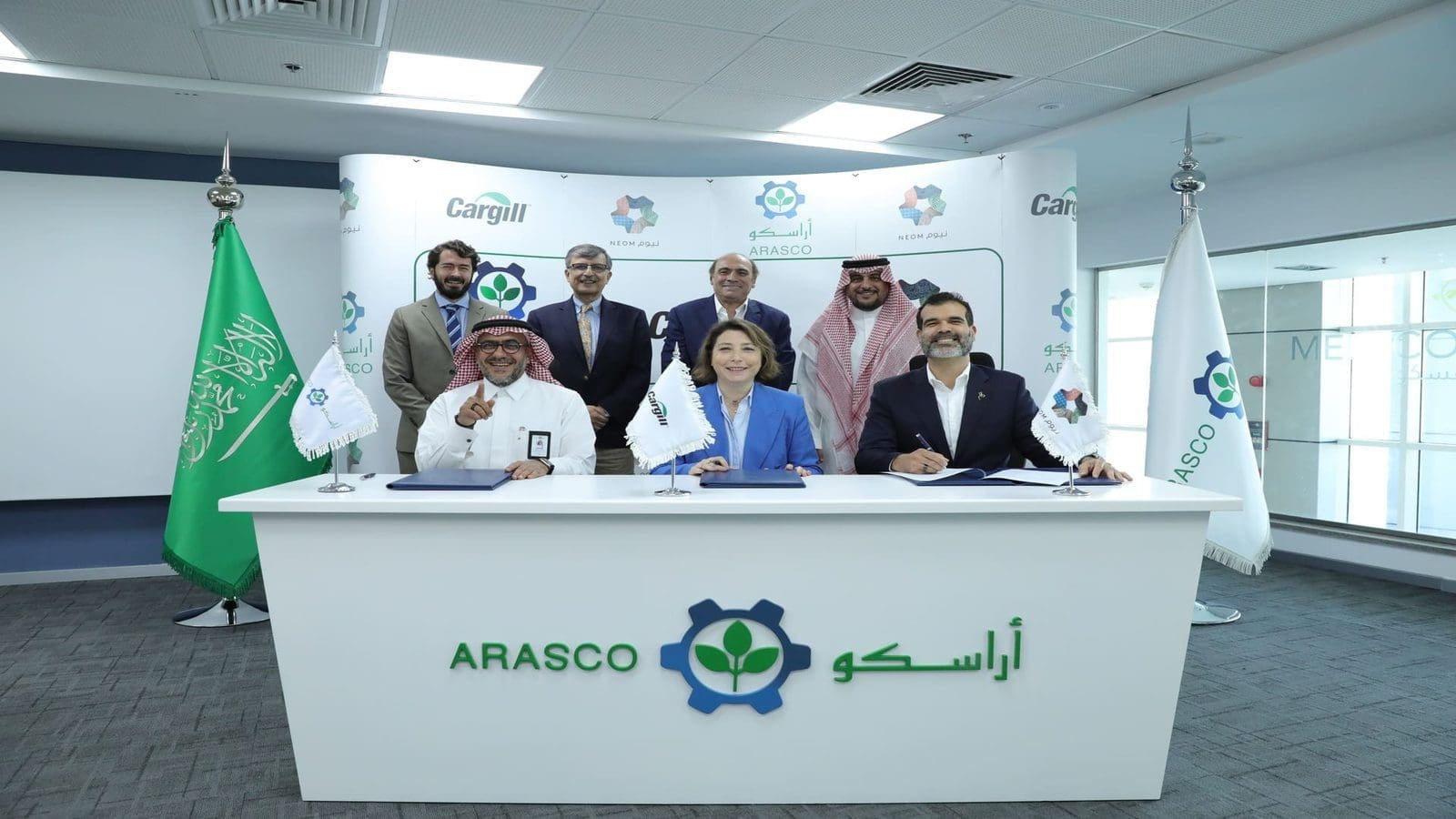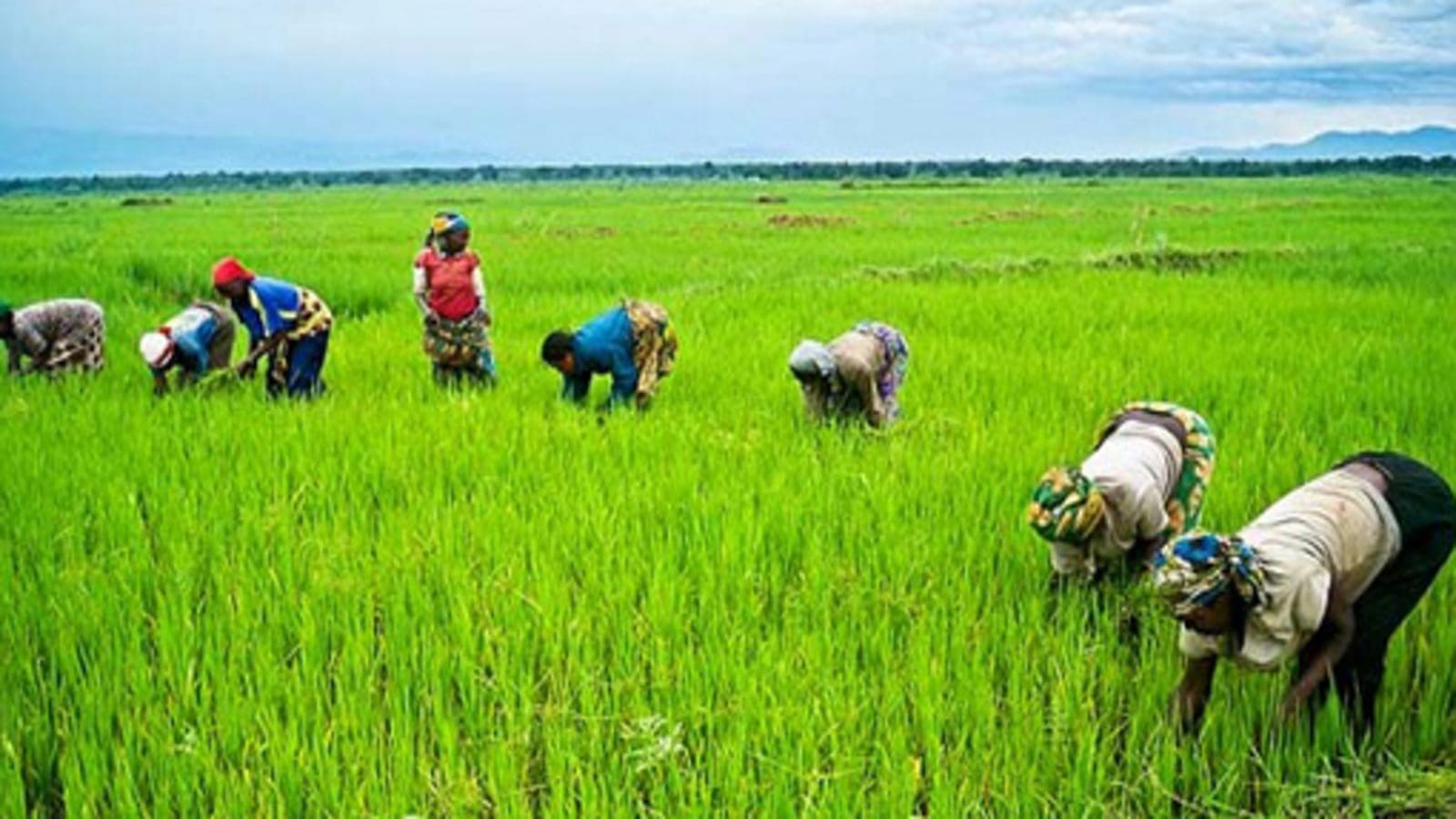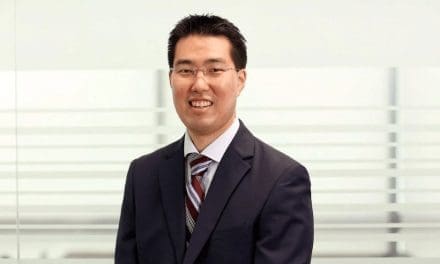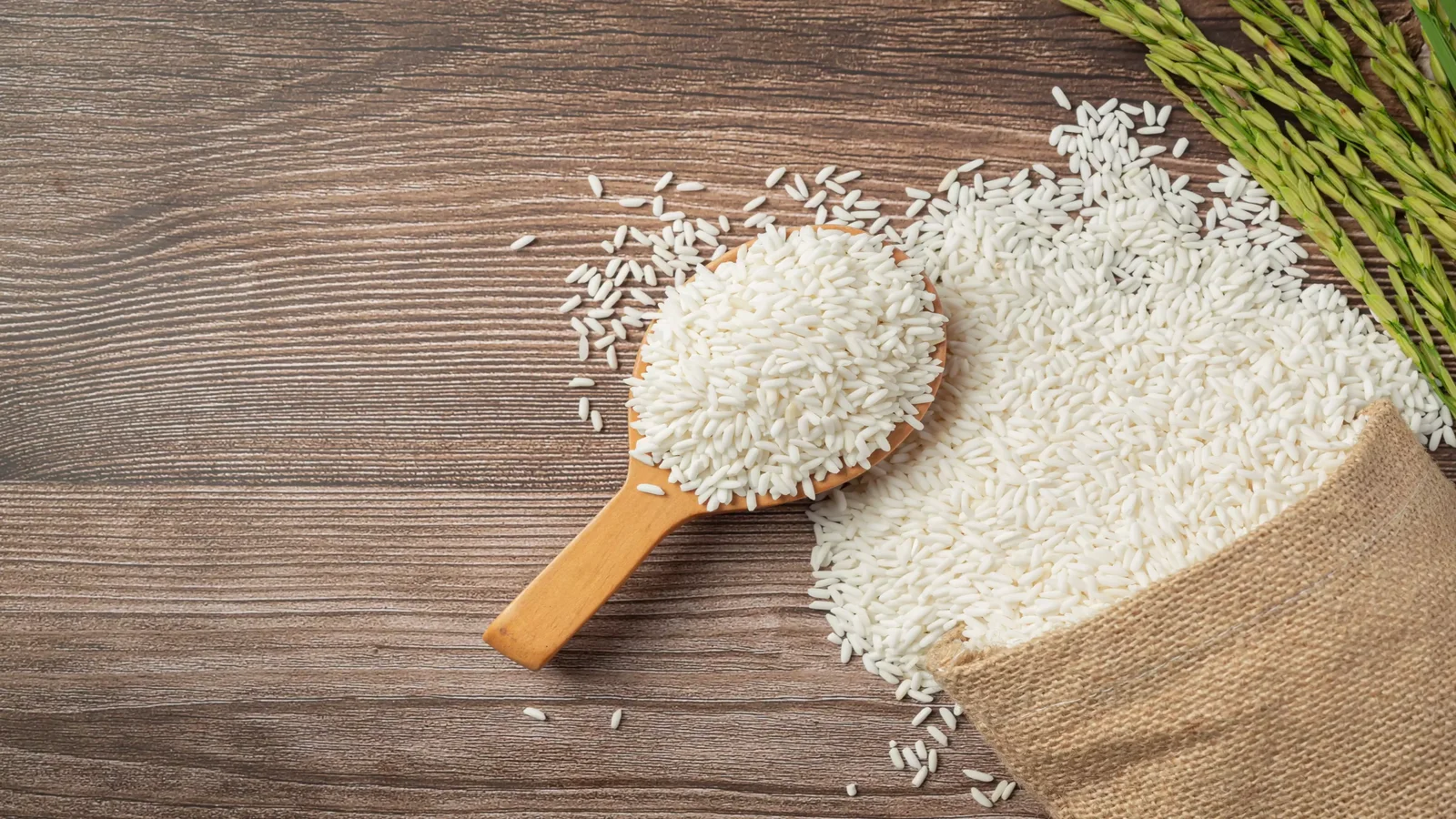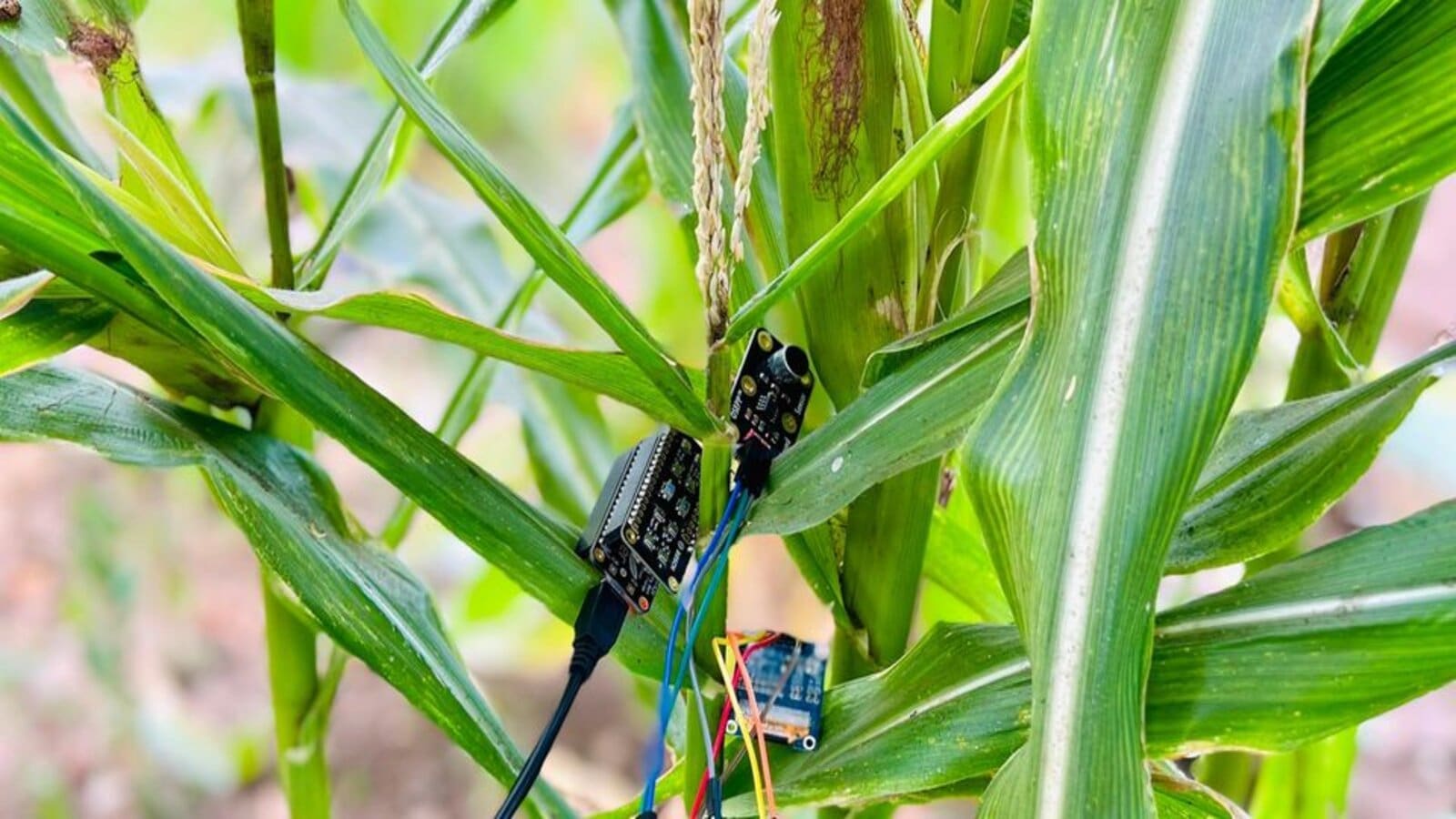SAUDI ARABIA – The Arabian Agricultural Services Company (ARASCO) together with NEOM, and Cargill have signed an agreement to see how they can work together to support the sustainable expansion of the Saudi aquaculture sector.
NEOM is a smart city in the northwest of Saudi Arabia focused on innovation and sustainability, while Cargill is one of the world’s leading agribusiness companies and this agreement with ARASCO is intended to help achieve self-sufficiency in an environmentally friendly manner.
The three bodies signed a memorandum of understanding (MoU) and in attendance were Nasser bin Abdulaziz Abanmi, the CEO of ARASCO, Dr Juan Carlos Motamayor, Head of NEOM Food and Helen Ziv-douki, Global President of Cargill’s Aqua Nutrition business.
This MoU will see three parties collaborating to scale up sustainable ways to meet the rapidly growing domestic demand for aquaculture through exploration and research of the development of more sustainable feed sources.
ARASCO is the largest manufacturer of animal feed in the kingdom as well as the entire Middle East with three business divisions dedicated to food security.
The alliance is in line with ARASCO’s mission to support food security in a sustainable way within the kingdom of Saudi Arabia and the Middle East as a whole.
It also aligns with NEOM’s efforts to facilitate the production and supply of sustainable seafood while protecting the marine environment.
“Aquaculture began in Saudi nearly 35 years ago, and now it became one of the highest exports in the KSA, and as per the statistics, aquaculture is one of the fastest-growing food production sectors in the world.
In Saudi we enjoy abundant natural resources along the west coastline (2,600 KM Long) where aquaculture can be a great potential opportunity to serve food security, said Nasser A. Abanmi.
According to him, by 2050 there will be 9.7 billion people on the planet, and this growth will put a lot of pressure on food security and production in general.
However, according to the minister of environment water and agriculture, as cited by Arab News, Saudi’s fish production was expected to reach 119,000 tonnes by the end of 2022, moving the kingdom close to 60% of self-sufficiency.
“Aquaculture offers the most sustainable way to produce protein in terms of water consumption and carbon emissions to arid countries such as Saudi Arabia.,” said Dr Juan Carlos Motamayor, Head of NEOM Food.
“This agreement will ultimately lead to addressing the need to replace fishmeal with more sustainable fish feed. We look forward to working with ARASCO and Cargill to transform the seafood-production industry and minimize the environmental impact.”
This project is also consistent with programs and initiatives put in place under the Kingdom’s vision 2030 to develop and diversify its economy by achieving self-sufficiency in the food industry and developing export markets where possible.
Helen Ziv-douki chimed in and said, “Providing sustainable protein to feed the growing population requires all of us to work together.
We appreciate the opportunity to collaborate with ARASCO and NEOM with the aim of producing the seafood the world needs while minimizing its impact on the planet.
For all the latest food industry news from Africa and the World, subscribe to our NEWSLETTER, follow us on Twitter and LinkedIn, like us on Facebook and subscribe to our YouTube channel


